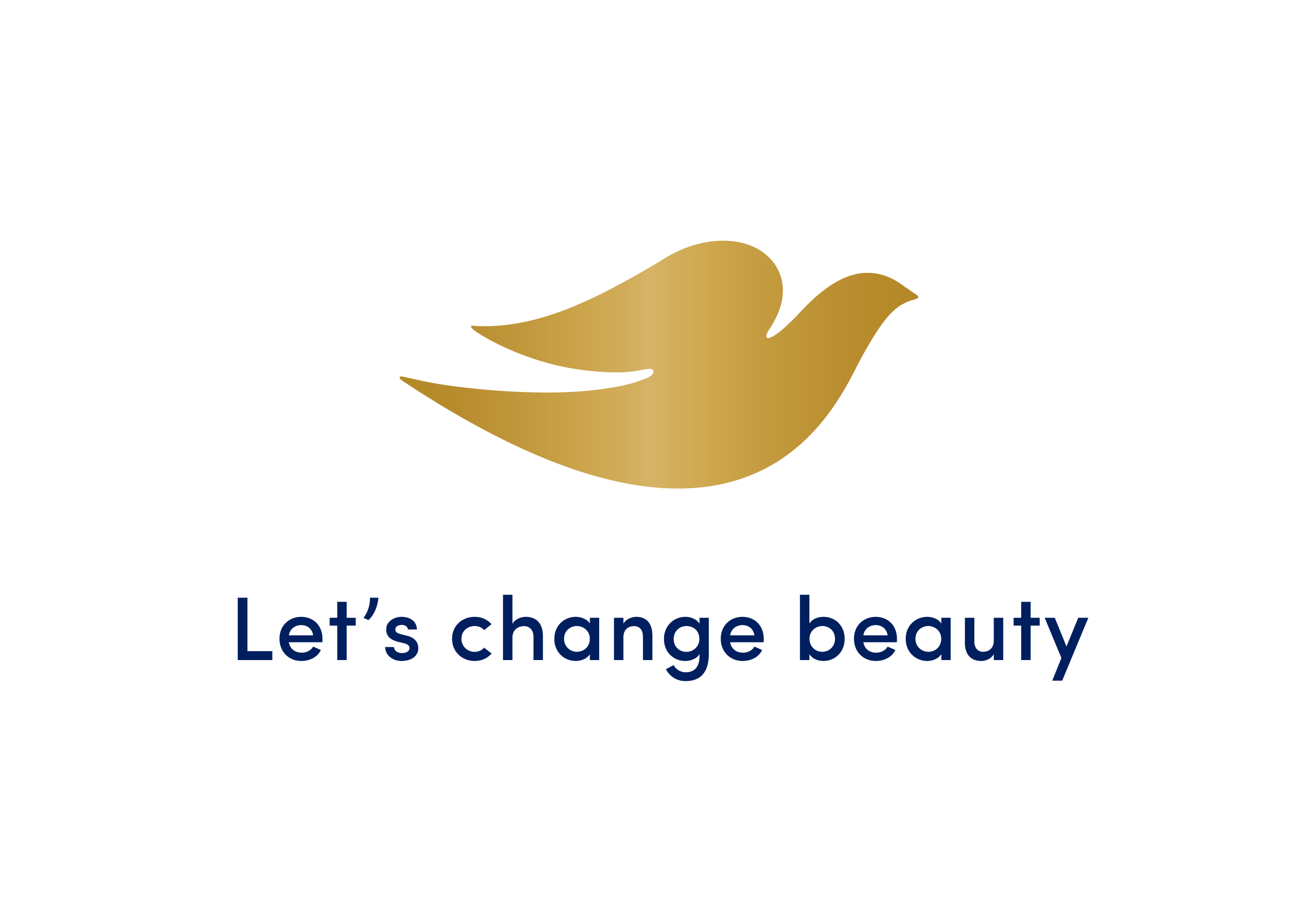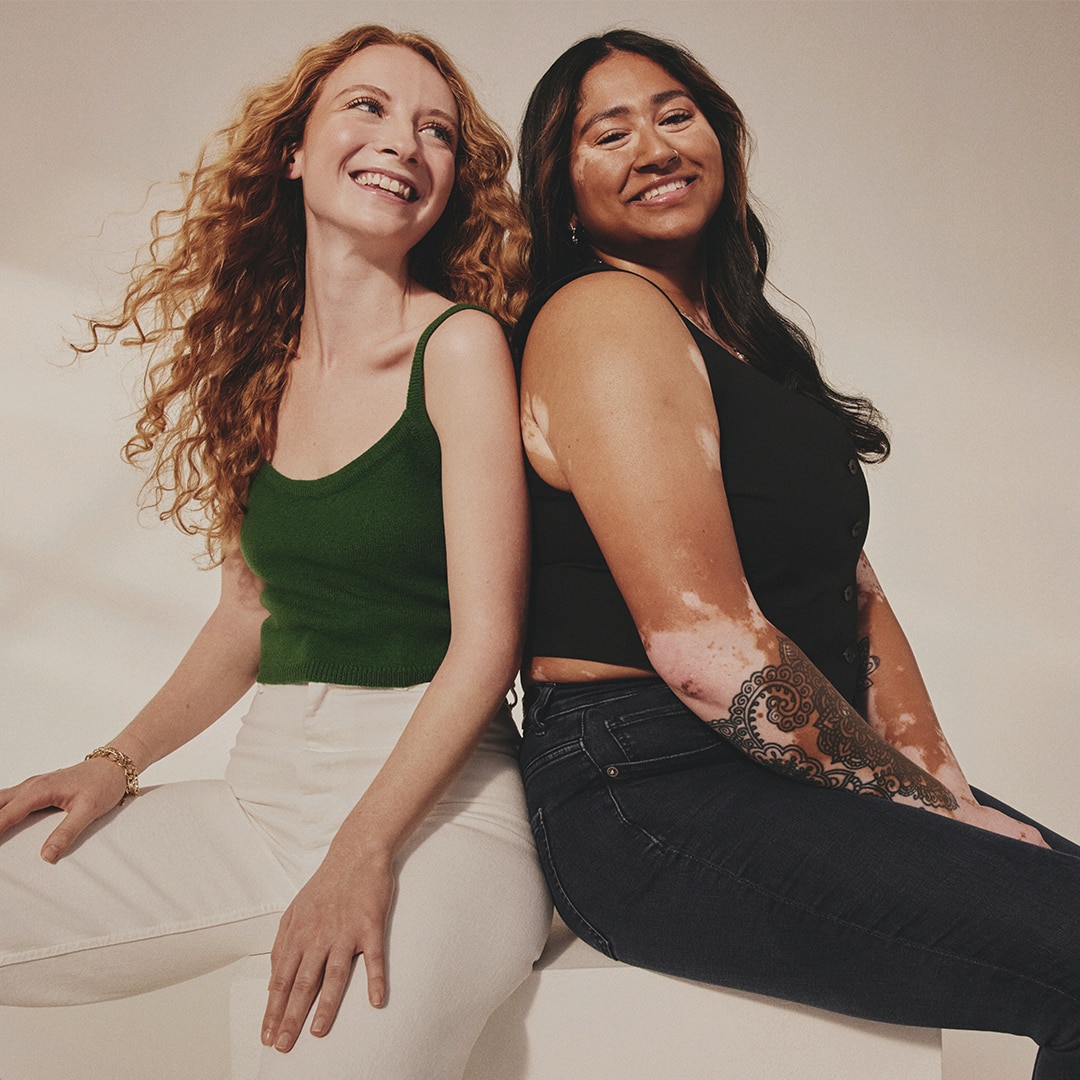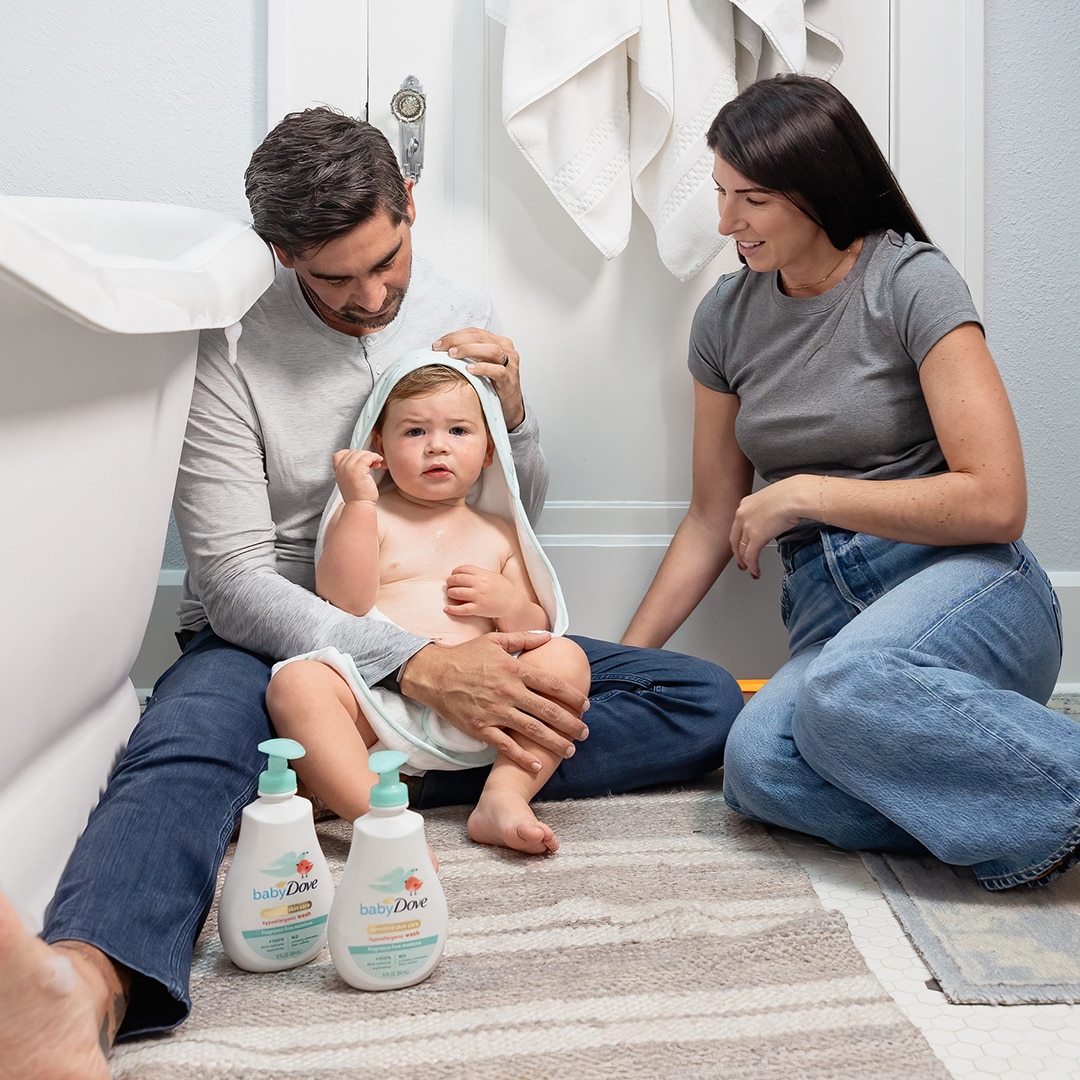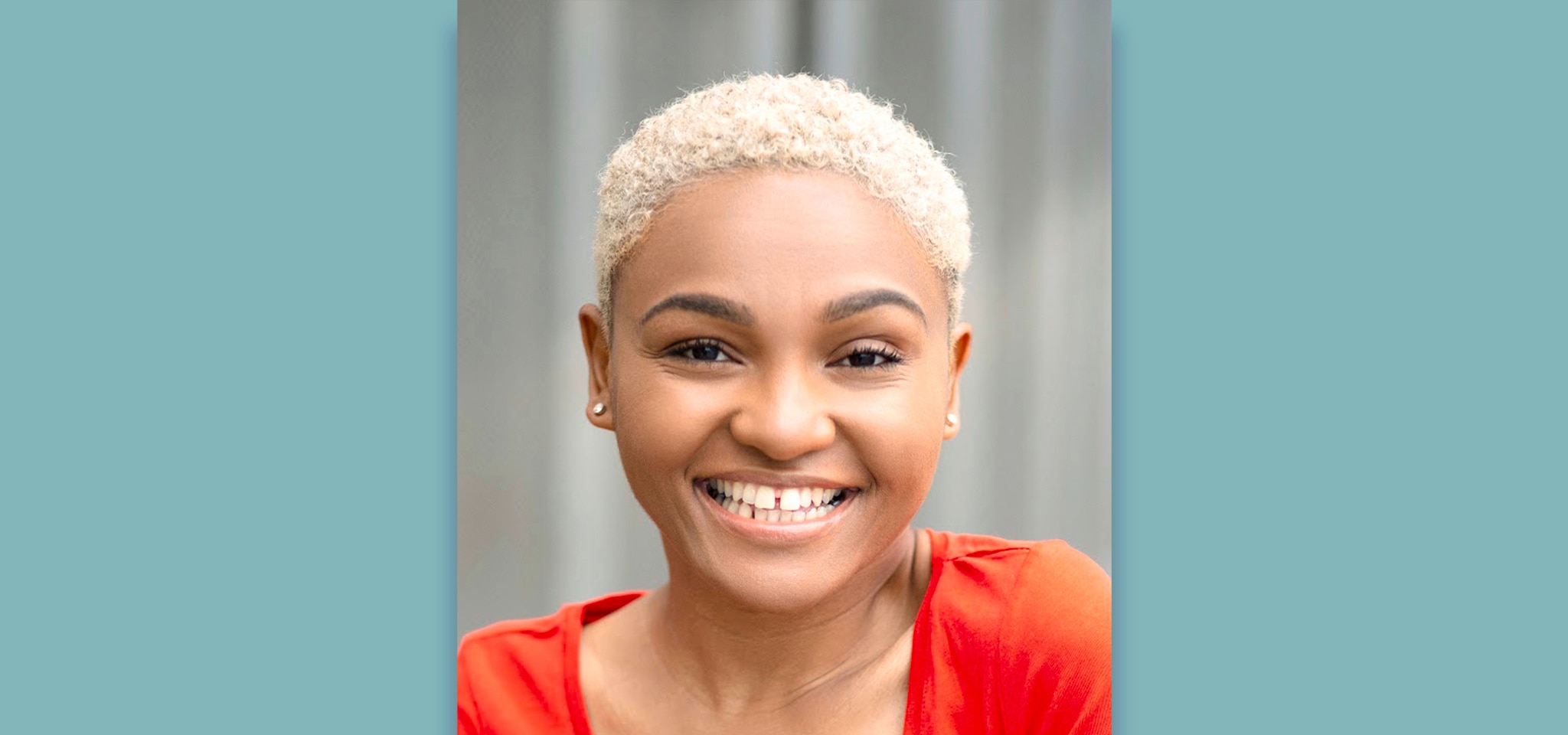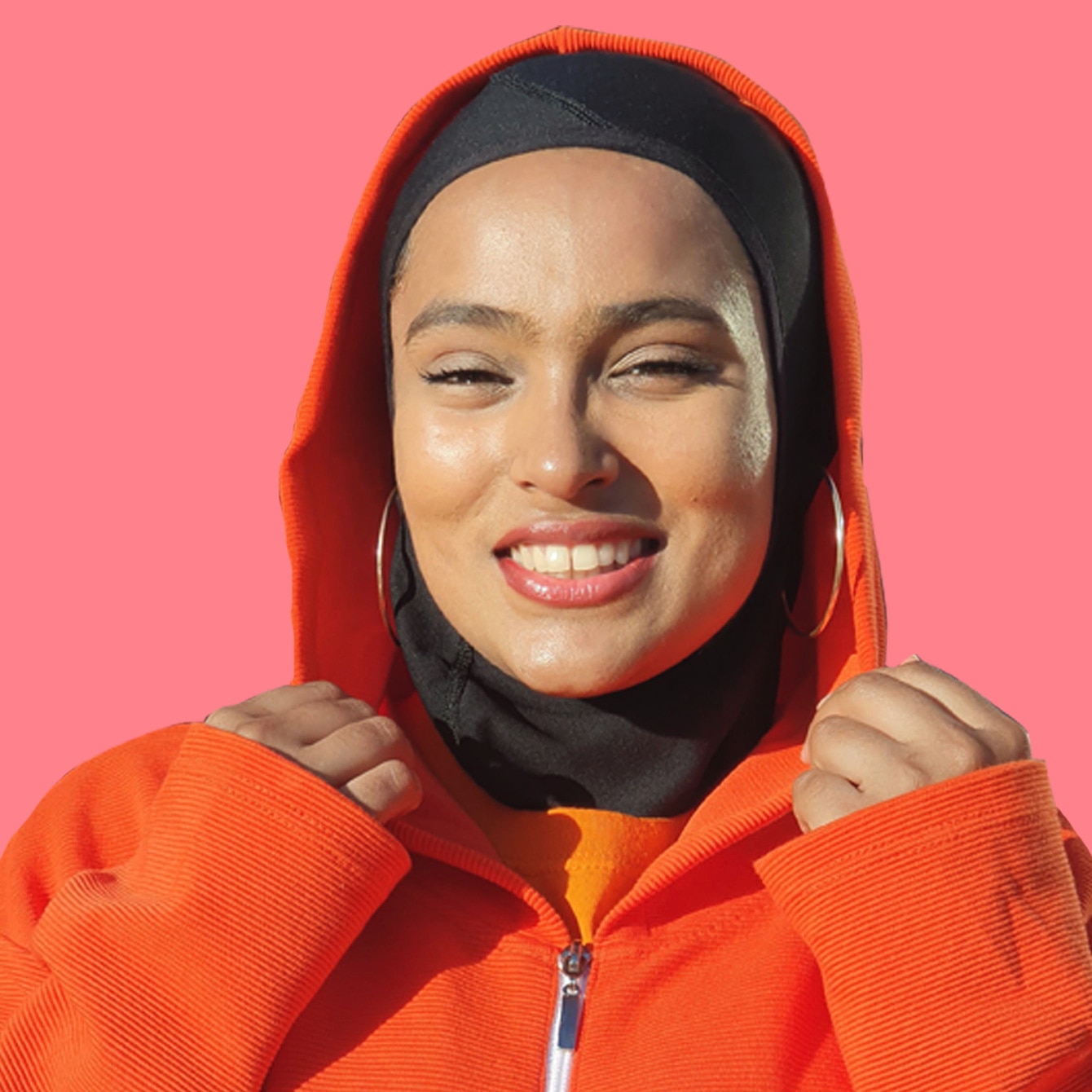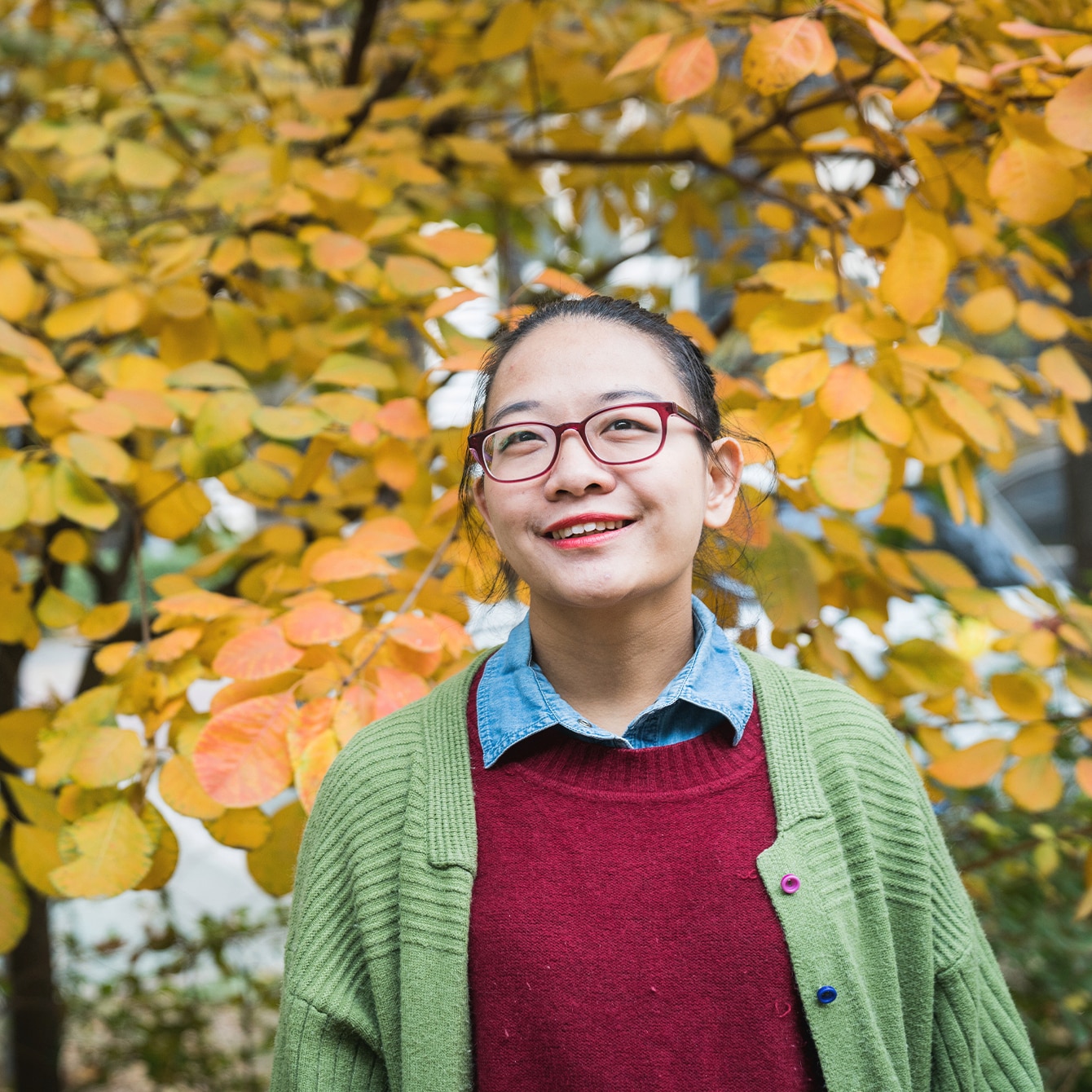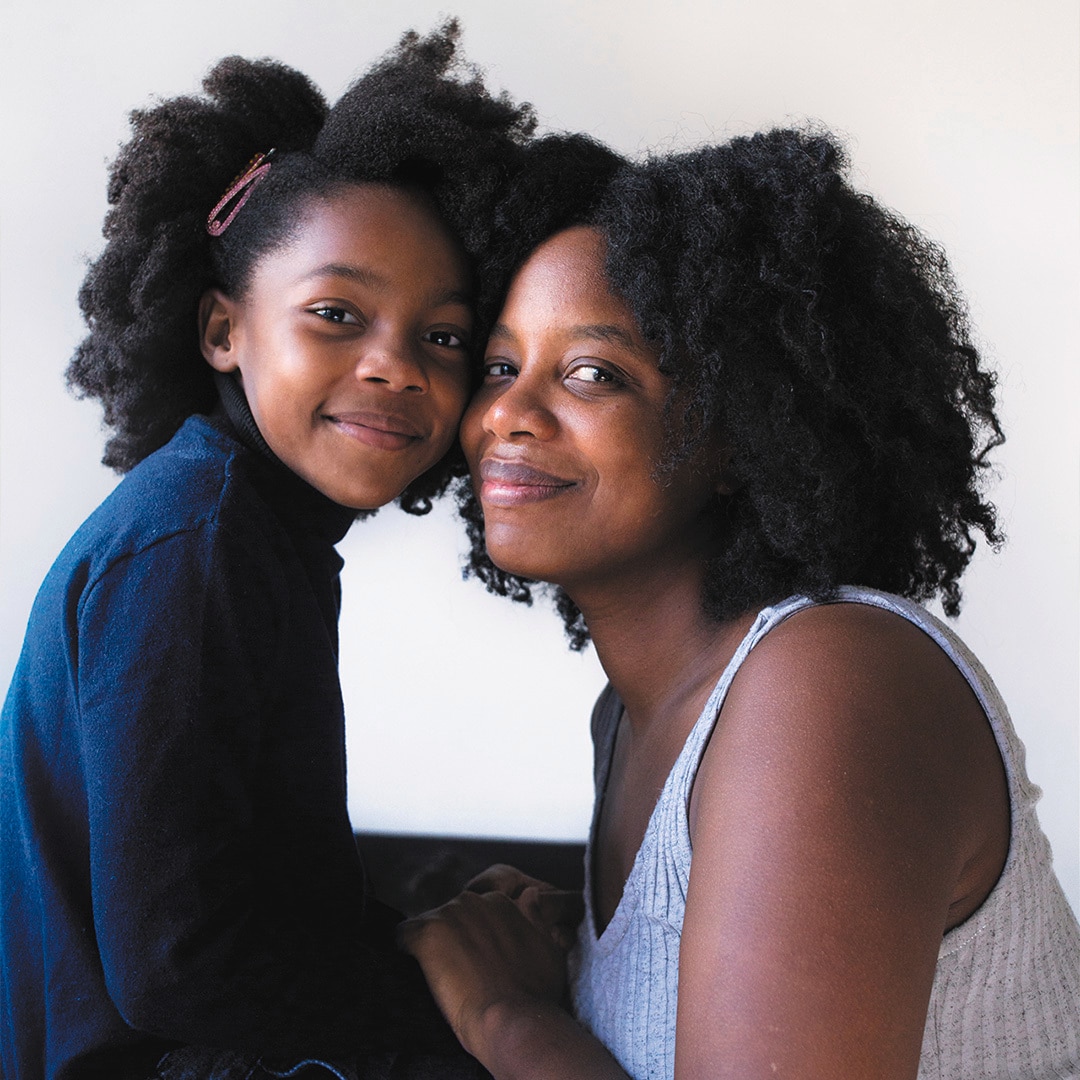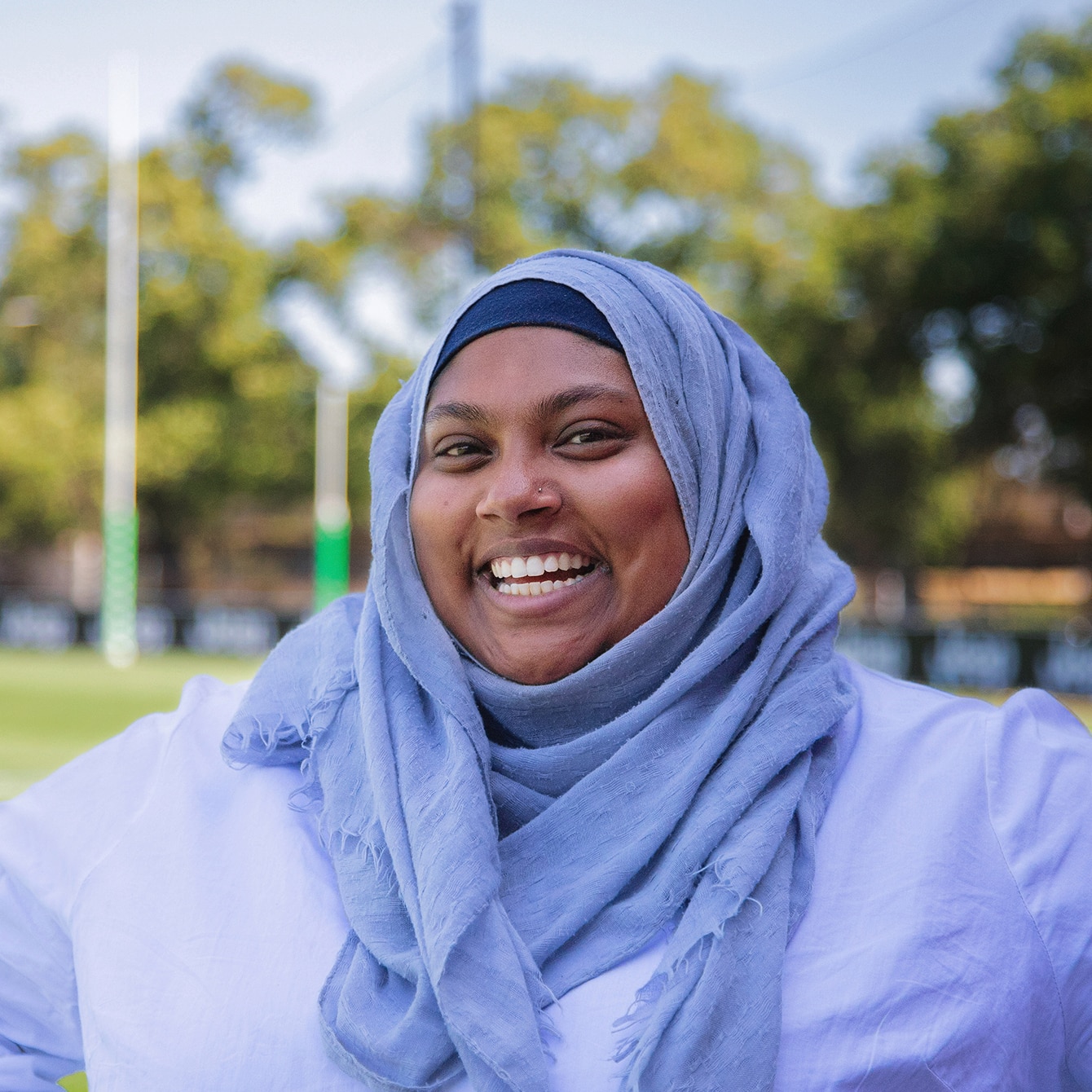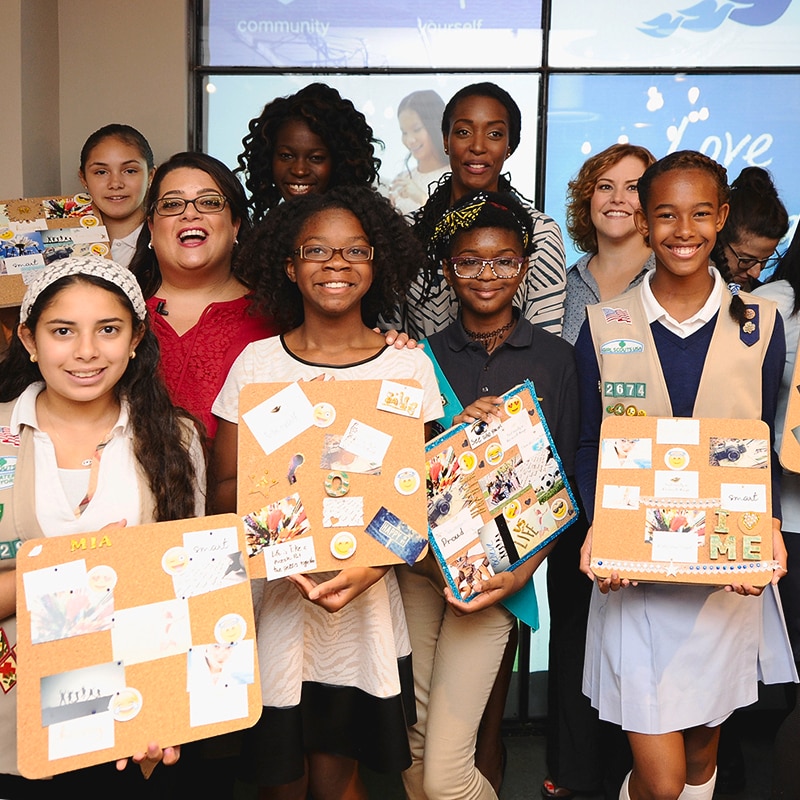How do you think social media can make young women feel confident?
My confidence grew when I realised that this perception of perfection does not exist. My goal isn’t to be perfect - I want people to see that I’m human. Showing all sides of myself - the good and bad - shows people that we’re all doing our best. People see me first thing in the morning with bedhead hair and no makeup - it’s real life! Social media is an amplified feeling of comparing ourselves to the popular girl in high school. Confidence is a journey and when I share my fears and insecurities, that confidence only grows. Social media can show you the possibilities of what is possible in life.
In a world of unrealistic beauty standards, how important is representation?
It's everything - it’s the reason I do the work that I do. Due to social media beauty standards there is often an assumption of how I should look and behave and I like to be able to take up space and challenge that. Every decision I make, whether it's to model for brands or partner with a company, is all centered on representation. As a Black, disabled woman, making sure others feel seen is my driving force and motivation.
What has been the impact of social media on your body image?
I was able to find more young people with disabilities like myself. Growing up, I was the only person in my family or circle of friends with a visible disability, so social media taught me about how large the spectrum of disability is, and how many different disabilities there are. From visible to non-visible, and everything from autism, to spina bifida - I learned about them as I was sharing my story. It wasn’t to showcase my life, but more to show the world that you can have fun, be vibrant and do what you want with a disability too. Whether you’re a wheelchair user or not, social media is an opportunity to show that this kind of lifestyle exists.
What keeps you motivated to stay authentic on social media?
Social media can be exhausting but the thing that keeps me going is knowing that I have a purpose and that there are people out there that really depend on the work that I do and the messages that I want to share to the world. I’m always thinking of how to build and support the community even if they don’t fully understand who I am and why I do things that I do. My content is very different from other disabled influencers and advocates but that’s what makes me, me.
What are your tips for living online?
Personal boundaries are crucial on social media. I share a lot but my close friends and family know so much more than the Internet does and it’s ok not to share certain parts of your life. There is also a huge pressure to post regularly but don’t post when you don’t feel like it - sometimes you just might not have anything to say. Having a healthy relationship with social media is being able to say, “not today”.
Like Lolo, we want to see a world where women and girls feel beautiful and confident on social media and in real life. The Dove Self Esteem Project has educated over 82 million young people to have a positive relationship with how they look. Beauty should never be exclusive. Let’s change beauty together.
What next? Actions to create a healthy relationship with social media:
- Remind yourself that there’s no such thing as perfect. Being unique is always beautiful.
- Only share what you feel comfortable with on social media. Talking with friends and family in real life can also be a great way to open up about your feelings away from social media.
- Have a Selfie Talk with a young person in your life
Despite the negative effects of social media, posting online can be a powerful tool in empowering underrepresented communities, celebrating a positive body image and building self-confidence.
Filters can be fun, but let’s stand up to unrealistic beauty standards. Together we can make sure that women and girls stop chasing an image of perfection that simply doesn’t exist.
